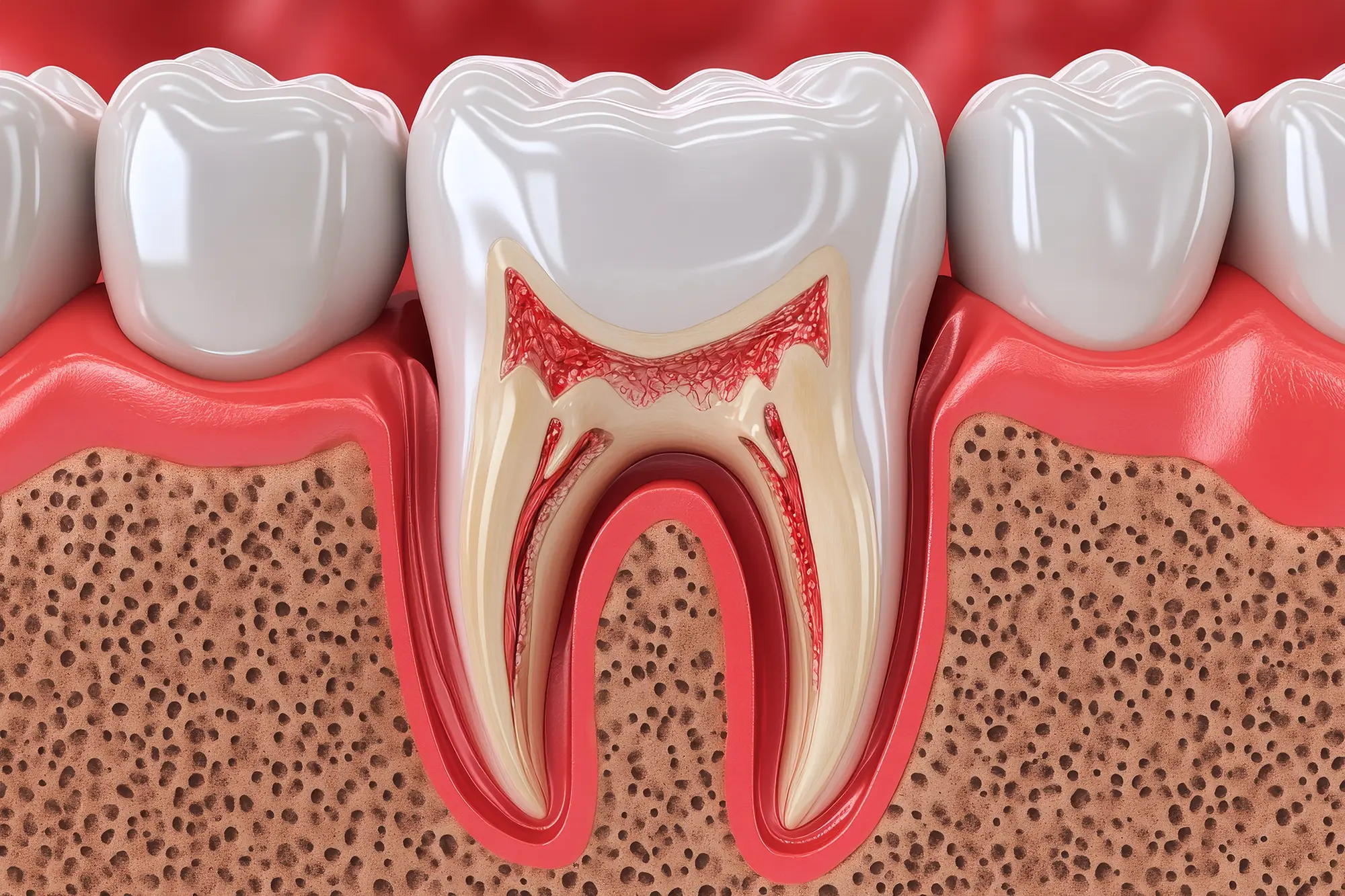Gingivitis
Gingivitis is the earliest and mildest stage of gum disease. It’s characterized by redness, swelling, and bleeding of the gums, especially when you brush or floss. However, in this stage, many patients may not notice any symptoms. Gingivitis is usually reversible with proper dental care, including regular dental cleanings and improved oral hygiene habits.






